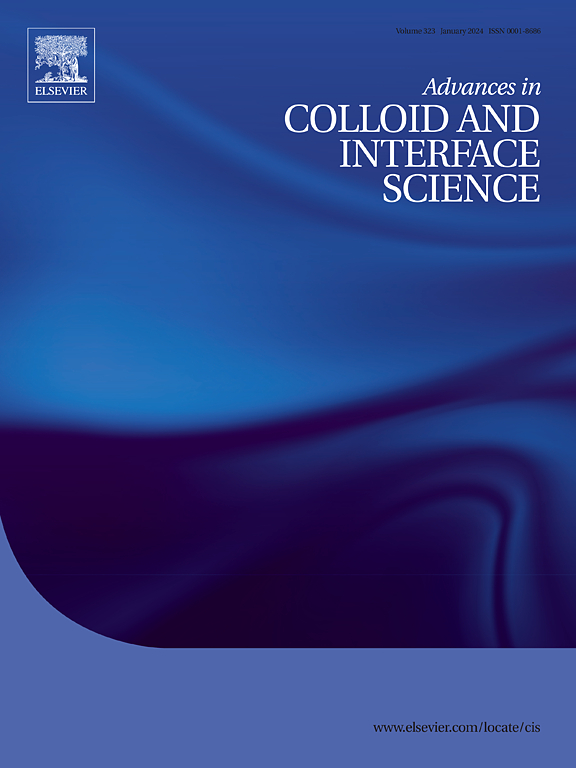MOF-based nanomaterials for advanced aqueous-ion batteries
IF 15.9
1区 化学
Q1 CHEMISTRY, PHYSICAL
引用次数: 0
Abstract
Metal-organic frameworks (MOFs)-based nanomaterials have great potential in the field of electrochemical energy storage due to their abundant pore size, high specific surface area, controllable structure and porosity, and homogeneous metal center. MOFs complexes and derivatives not only inherit the original morphology characteristics of MOFs but also provide excellent electrochemical performance. Batteries operating in aqueous electrolytes are cheaper, safer, and have higher ionic conductivity than those operating in conventional organic electrolytes. Therefore, it is useful to summarize the MOFs that should be used for aqueous electrochemical energy storage devices. This manuscript firstly introduces the composition and energy storage mechanism of aqueous Li/Na/Zn ion batteries. In addition, a detailed review of the development of MOFs-based nanomaterials and their commonly used characterization under aqueous conditions is presented. The relationship between the structure and composites of MOFs-based nanomaterials and electrochemical performance is highlighted. The applications of MOFs composites in aqueous batteries in terms of electrode materials and electrolytes are presented and summarized. Finally, research directions and perspectives for MOFs-based nanomaterials in advanced aqueous batteries are presented.

求助全文
约1分钟内获得全文
求助全文
来源期刊
CiteScore
28.50
自引率
2.60%
发文量
175
审稿时长
31 days
期刊介绍:
"Advances in Colloid and Interface Science" is an international journal that focuses on experimental and theoretical developments in interfacial and colloidal phenomena. The journal covers a wide range of disciplines including biology, chemistry, physics, and technology.
The journal accepts review articles on any topic within the scope of colloid and interface science. These articles should provide an in-depth analysis of the subject matter, offering a critical review of the current state of the field. The author's informed opinion on the topic should also be included. The manuscript should compare and contrast ideas found in the reviewed literature and address the limitations of these ideas.
Typically, the articles published in this journal are written by recognized experts in the field.

 求助内容:
求助内容: 应助结果提醒方式:
应助结果提醒方式:


